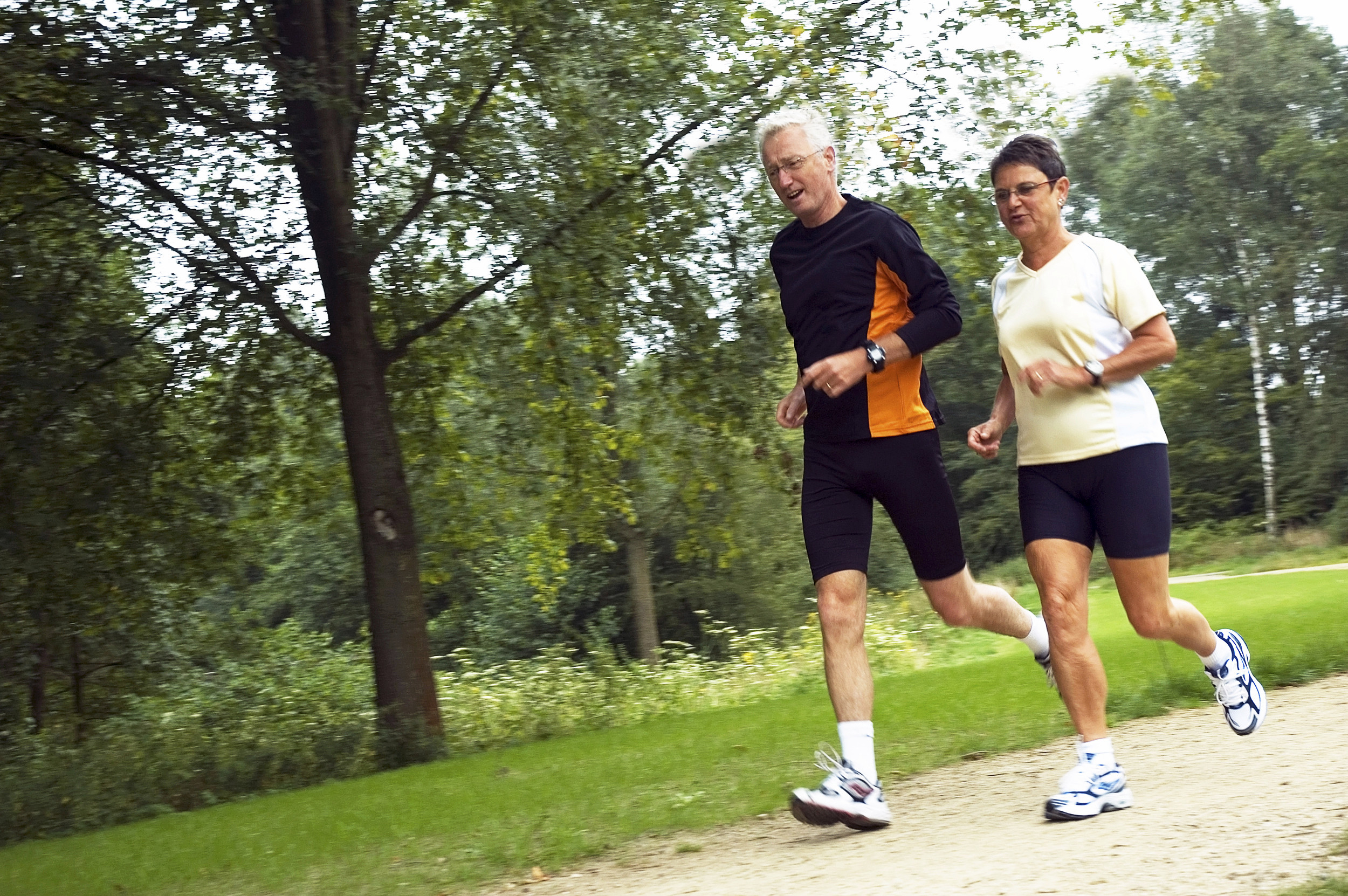More evidence that exercise helps keep your brain fit

I often prescribe exercise for my patients, sometimes more than once in the same visit — exercise for cardiovascular health, weight loss, stress management, lifting mood. Scientific evidence strongly supports the benefits of activity for all of these things. Plus, it's free, and there are few side effects or medication interactions.
So, is there an "exercise prescription" for boosting your brain?
Mounting evidence also suggests that exercise can boost brain function and protect against dementia. This makes great physiologic sense: increased blood flow to the brain means more oxygen and nutrients in, and toxins out. But questions remain. Will exercise help older adults? What about those who already have some cognitive impairment, even early dementia? What type of exercise, how much, and for how long?
A group of exercise physiologists in Australia scoured the research to try to answer those questions.
They examined over 10,000 quality studies of exercise and brain function. By "quality" we mean randomized, controlled clinical trials (RCTs), which are experiments designed to test a specific hypothesis. The authors then limited their scope to published studies of people over 50 years old that tested at least four weeks of supervised exercise intervention, and included a validated measure of brain function at the beginning and end of each study. The research examined included healthy subjects or those with mild cognitive impairment, but excluded people with neurological or psychiatric diagnoses like strokes or depression. After all that, the list was whittled down to 39 studies.
They then took the data from all those studies and applied complex statistical analyses to evaluate:
- the types of exercise (cardio, resistance training like weights, both, yoga, or tai chi)
- the exercise intensity (low, medium, high)
- the duration, in minutes
- frequency (how often) and length (1 to 3 months, 3 to 6 months, or over 6 months)
- various brain functions (general cognition, attention, executive function, and memory).
So, if you're 50 or over, what workouts really help your brain?
The gist of it is: any moderate cardio exercise performed regularly for at least 45 minutes, regardless of frequency or length, improved multiple cognitive functions, as did resistance training. Tai chi improved memory. These results were seen regardless of baseline cognition, meaning even people with early dementia saw benefits. Yoga did not have a statistically significant effect, but the authors point out that there were fewer articles testing tai chi and yoga interventions.
So what does this mean? The authors expressed high confidence that many types of exercise can improve memory, and that we should focus on developing specific exercise prescriptions tailored to improving specific cognitive functions. In addition, more research is needed for activities well-suited for people with mobility issues (for example, yoga and tai chi).
My opinion? This study provides further evidence supporting an active lifestyle generally, and an exercise plan specifically. Do you want to boost your brain function? You now know that you can walk briskly, jog, hike, cycle, do aerobics, or dance around for about 45 minutes to help keep your brain in shape. Or, take a Pilates class, lift some weights, perhaps even get some yard work or home improvements done, and see a benefit.
Take-away: If you want to feel and function better, do something, just about anything, active.
Sources
Exercise interventions for cognitive function in adults older than 50: a systematic review with meta-analysis. British Journal of Sports Medicine, March 2017.
University of Canberra. The Truth About: Exercise
Disclaimer:
As a service to our readers, Harvard Health Publishing provides access to our library of archived content. Please note the date of last review or update on all articles.
No content on this site, regardless of date, should ever be used as a substitute for direct medical advice from your doctor or other qualified clinician.












